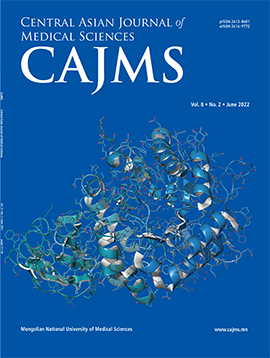Understanding the Thymic Microenvironment: the Cellular and Molecular Basis of T Cell Development
DOI:
https://doi.org/10.24079/cajms.2016.02.002Keywords:
Thymus Gland, Thymocytes, Central Toleranc, T Cell Antigen Receptor, Cell MicroenvironmentAbstract
Objectives: The thymus is a primary lymphoid organ that provides specialized microenvironment for T cell development. A variety of thymic stromal cells form the thymic tissue architecture and critically regulate the development and repertoire selection of T cells. Methods: We reviewed historical and recent studies on thymic stromal cells, especially focusing on the well-characterized functions of thymic epithelial cells (TECs) and the significance of as yet less characterized non-TEC thymic stromal cells and hematopoietic antigen-presenting cells in the regulation of T cell development. Results: Cortical TECs (cTECs) induce positive selection of diverse and functional T cells, while medullary TECs (mTECs) establish T cell tolerance via the negative selection of auto-reactive T cells and their conversion into regulatory T cells. These modes of T cell tolerance induction are also mediated by hematopoietic antigen-presenting cells such as dendritic cells and thymic B cells. Thymic mesenchymal cells, a prominent component of non-TEC thymic stromal cells, support the development and maintenance of TECs and thereby T cell production. Conclusion: Understanding the cellular and molecular basis for thymic stromal subsets will provide invaluable information toward in vivo reconstitution of the thymic microenvironment for future therapeutic applications.
Downloads
199
Downloads
Published
How to Cite
Issue
Section
License
Copyright (c) 2016 Mongolian National University of Medical Sciences

This work is licensed under a Creative Commons Attribution-NonCommercial 4.0 International License.




